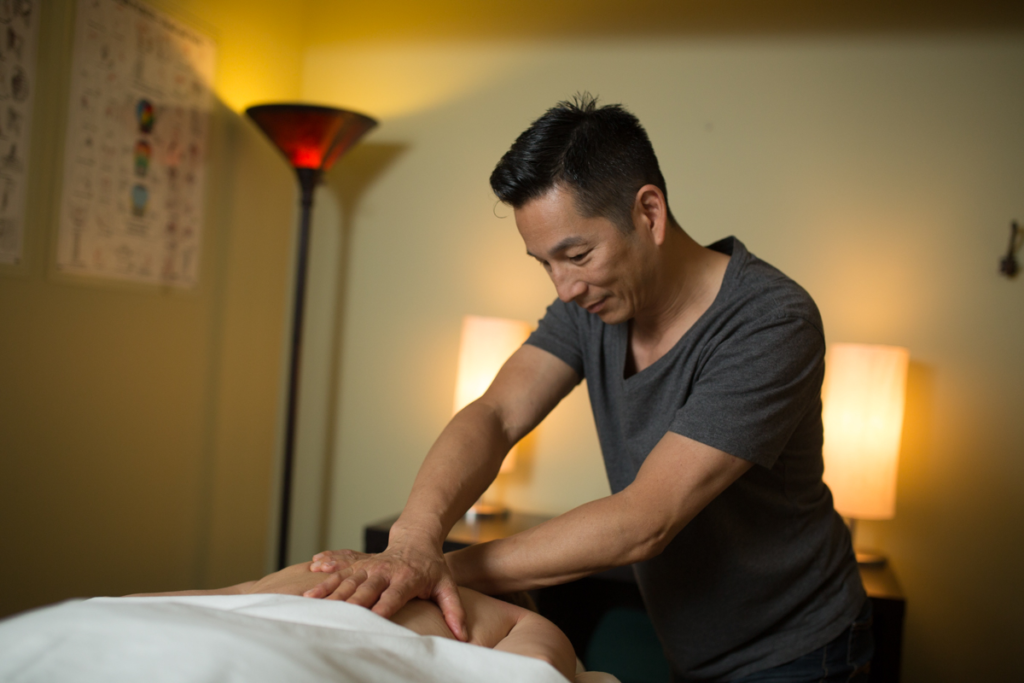
Massage therapy, an ancient practice dating back thousands of years, involves the manipulation of soft tissues in the body to promote relaxation, alleviate pain, and enhance overall well-being. Originating from various traditional healing systems such as Chinese medicine, Ayurvedic practices in India, and Greco-Roman therapies, massage techniques have evolved over time to include a wide range of styles like Swedish, deep tissue, and Shiatsu. These techniques focus on different aspects of health, from improving blood circulation and lymphatic drainage to reducing muscle tension and stress. Today, massage therapy is widely recognized and utilized in both alternative and complementary medicine, offering holistic benefits that cater to physical, emotional, and mental health.
Massage is not merely a luxury; it is a profound therapeutic practice that nurtures the body, calms the mind, and revitalizes the spirit, ultimately paving the way to a happier, healthier life.
Massage and physiotherapy are essential for maintaining and enhancing physical health and well-being. Here’s a description of why they are needed:
-
Optimizing Recovery: Following injuries or surgeries, massage and physiotherapy aid in the rehabilitation process by promoting healing, reducing inflammation, and restoring mobility.
-
Pain Management: Both modalities effectively alleviate pain associated with various conditions such as muscle strains, joint stiffness, arthritis, and sports injuries, offering natural alternatives to medication.
-
Preventing Injuries: Regular massage and physiotherapy sessions help identify and address imbalances, weaknesses, and poor movement patterns, reducing the risk of future injuries.
-
Enhancing Performance: Athletes often rely on massage and physiotherapy to improve flexibility, strength, and overall athletic performance by optimizing muscle function and alignment.
-
Stress Reduction: Massage therapy is renowned for its stress-relieving benefits, promoting relaxation, reducing tension, and improving mental well-being, which in turn positively impacts physical health.
-
Improving Circulation: Both massage and physiotherapy techniques increase blood flow and lymphatic circulation, aiding in the delivery of nutrients and oxygen to tissues while facilitating the removal of metabolic waste products.
-
Addressing Postural Issues: In today’s sedentary lifestyle, many people suffer from postural imbalances and muscular tension. Massage and physiotherapy help correct these issues by releasing tight muscles, improving posture, and restoring balance to the body.
-
Holistic Approach to Health: By focusing on the interconnectedness of the body, mind, and spirit, massage and physiotherapy promote holistic health and well-being, addressing not only physical ailments but also emotional and mental stressors.
In summary, massage and physiotherapy are indispensable components of a comprehensive approach to health maintenance and rehabilitation, offering a multitude of benefits that contribute to overall vitality and quality of life.
